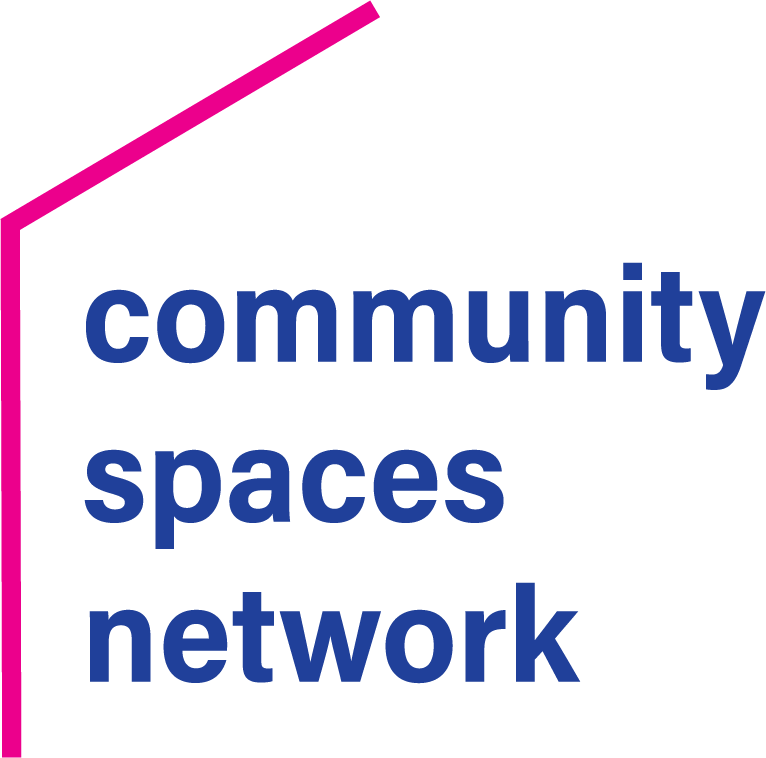Are you doing all you can to help your space meet its mission? I often talk to center managers who are frustrated with tenant partners that don’t engage in the building’s community and don’t collaborate.
 Click image for larger view
Click image for larger view
It’s useful to dust off the concept of Maslow’s Hierarchy of Needs from your Psychology 101 course to understand why. Our tenant partners have many needs that must be met before center managers can expect larger outcomes.
First off, your building must meet your tenant’s basic needs. At a minimum, that means that your building needs to be structurally sound – no leaking roofs of holes in the wall – with functional building systems. Your tenants can’t work if it’s over 100 F / 37 C degrees outside and the HVAC won’t turn on.
Next, your tenant partners need to feel safe and secure when they are at work. While ensuring that tenants don’t feel threatened is more intangible than patching plaster, it is incredibly important. Additionally, property must be secure. Many organizations spend thousands of dollars on equipment that they expect to be able to leave in their office.
Not to be outdone, shared space managers must keep their tenant partners’ productivity in mind. Printers and wi-fi must work as seamlessly as possible for everyone in the space, regardless of whether they run Windows 10, Snow Leopard, or Ubuntu (okay, maybe not Ubuntu, but you get the idea). Instead of figuring out a quick work around every time one person complains, take the time to cluster problems and come up with better fixes to the system that work for everyone. If your tenant partners don’t feel like they can get their work done in the space, then your building is a long way from meeting its mission.
Once your shared space operates like a high-functioning office should, you can turn your attention to the social networks within your walls. Are there opportunities for people to get to know each other, or do people scurry in every morning, eat lunch at their desks, and scurry back out a 5pm without ever talking to their neighbors? Happy hours, salad clubs, and bagel breakfasts help to break down barriers and build trust.
As trust and relationships build over time, your partner tenants will discover ways that their missions are compatible in new ways. This will lead to one-off collaborative events, and, with enough cultivation of the relationships, ultimately to long-term collaborative partnerships.
Does this hierarchy of needs resonate for your shared space? What’s missing? Chime in on the Ask-NCN members-only listserv. Not a member? Join today
